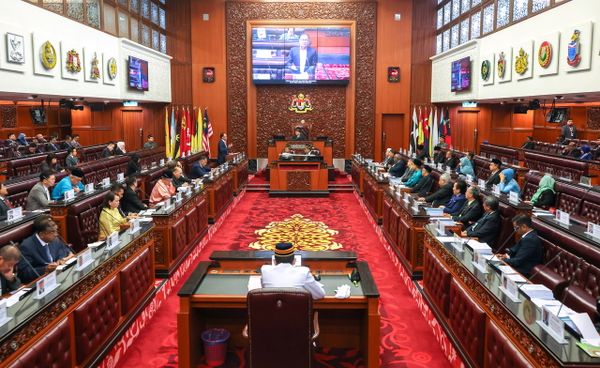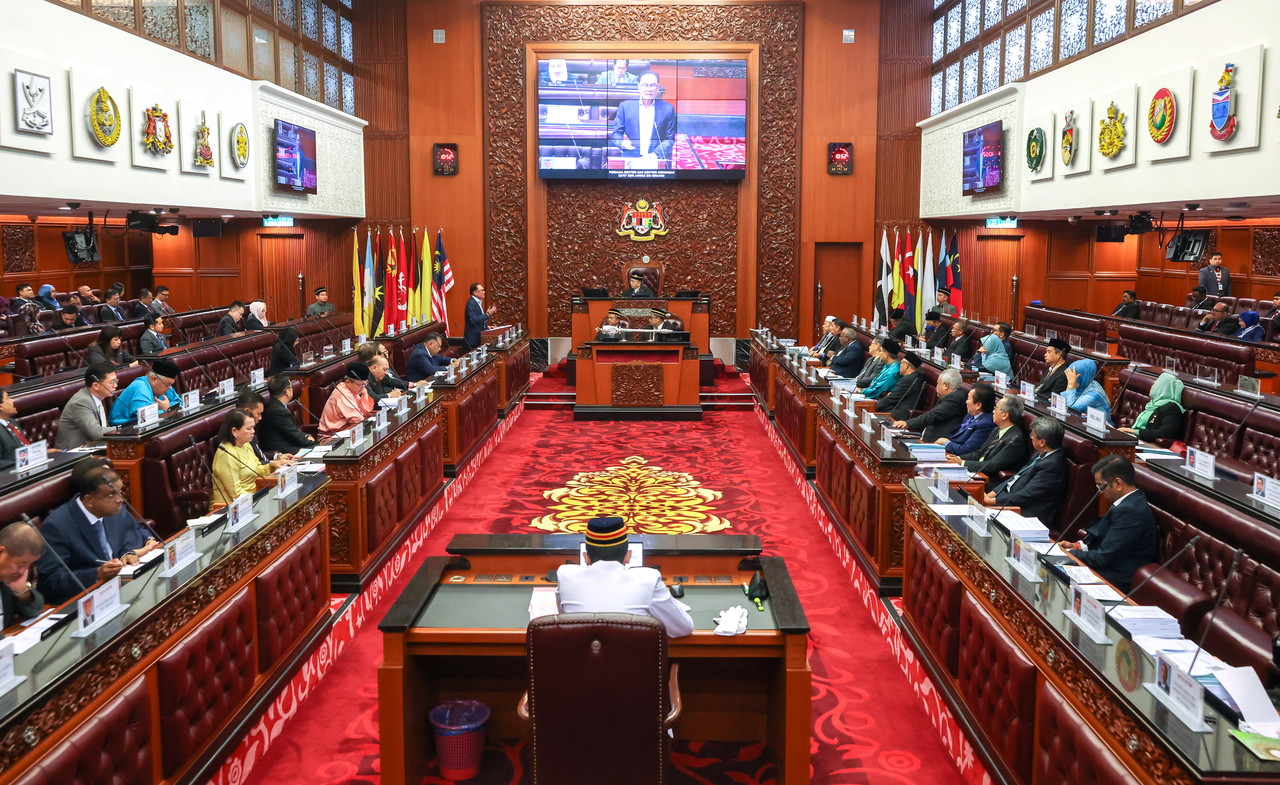KUALA LUMPUR, Sept 10 — The Dewan Negara’s Second Meeting of the Fourth Term of the 15th Parliament has adjourned sine die, after a three-week sitting of over 10 days starting on August 25.
Today’s sitting saw the Countervailing and Anti-Dumping Duties (Amendment) Bill 2025, which aims at strengthening protection for local industries from unfair trade practices from foreign countries, being debated and passed.
The bill was tabled for the second and third reading by Investment, Trade, and Industry Minister Deputy Minister Liew Chin Tong.
Earlier, two bills were debated and approved throughout the sitting: the Consumer Credit Bill 2025 and the Government Procurement Bill 2025 under the Finance Ministry (MOF).
Deputy Finance Minister Lim Hui Ying, who tabled the Consumer Credit Bill 2025, said the Consumer Credit Commission would be established to regulate credit providers and credit service providers.
She noted that it will enhance the level of professionalism of industry participants and create a safe credit environment.
For the Government Procurement Bill 2025, Finance Minister II Datuk Seri Amir Hamzah Azizan, who tabled the bill, said it aims to provide for the duties, accountability, governance, and transparency in government procurement.
The bill was passed via bloc vote with 33 senators in favour, eight dissenting, two not voting, and 14 absent.
“The bill also introduces punitive action for any violations, and the Finance Minister is also not exempt from accountability if he fails to disclose his interests or interferes in the procurement process,” he said.
Meanwhile, in the first week of the meeting, the Senate commenced with a debate on the motion for the Tabling of the 13th Malaysia Plan (13MP), followed by replies by ministers and deputy ministers relating to finance, economy, trade, investment, and industry.
During the winding up of the debate on the 13MP, Amir said the government is committed to strengthening the country's fiscal position by reducing new borrowing, lowering the deficit and expanding revenue through more targeted taxation measures.
“The direction of the 13MP revolves around the three pillars of the Madani Economy, namely raising the ceiling (of national growth), raising the floor (of living standards), and strengthening good governance," he said.
The 13MP also focuses on reducing regional disparities as well as strategic investments to develop the less developed states.
Additionally, during his winding-up speech, Liew said Malaysia is focusing on attracting high-impact investments in the technology sector, including artificial intelligence and renewable energy.
The Madani government is adopting a composed and calculated, “whole-of-government” and non-aligned approach to bolster the country’s economic agenda by trading with all countries, including world powers and major economic blocs.




